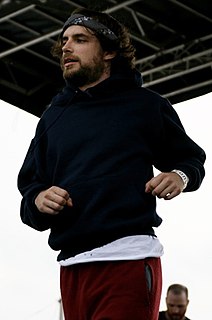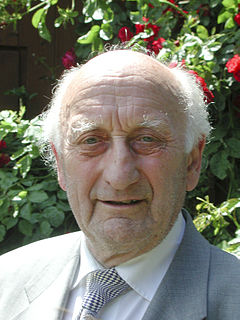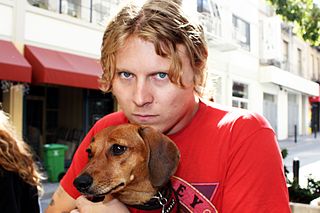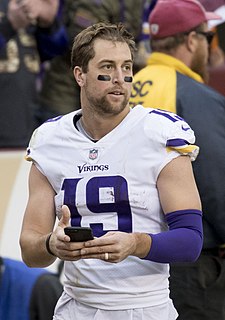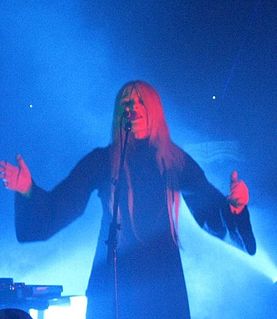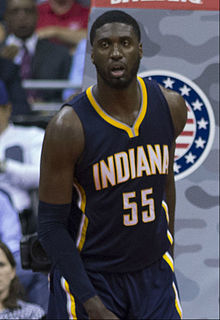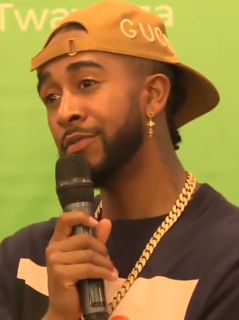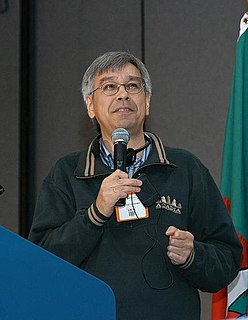A Quote by Girl Talk
I use minimal software to make my music - a wav editor and a calculator for my beats to make sure everything falls on mathematical precision. If you were just mapping this out visually, it works by math. I guess it's slightly engineering influenced.
Related Quotes
I noticed there were so many people, especially women, who would come up to me having recognized me from TV and say, 'I heard you were a math person, why math? Oh my gosh, I could never do math!' I could just see their self-esteem crumbling; I thought that was silly, so I wanted to make math more friendly and accessible.
I'm a strong believer that you have to have an equal opportunity to fail and to try things that are hard. I always tell my students, "Don't just take things that are easy for you. If you're really good at math, don't take just math. Take classes that make you write. If you're a really great writer, but bad at math, take math and make yourself work your way through it."
I was sort of like a kid in a candy store, realizing it was fun making beats without the perceived burden that every track I did had to be a some progressive sample masterpiece. It was nice to blow off steam and work on those songs. For me, that’s what 'The Outsider' was about in general: forget everything, I’m just gonna follow my own music, and make the music I want to make.
